Work Packages
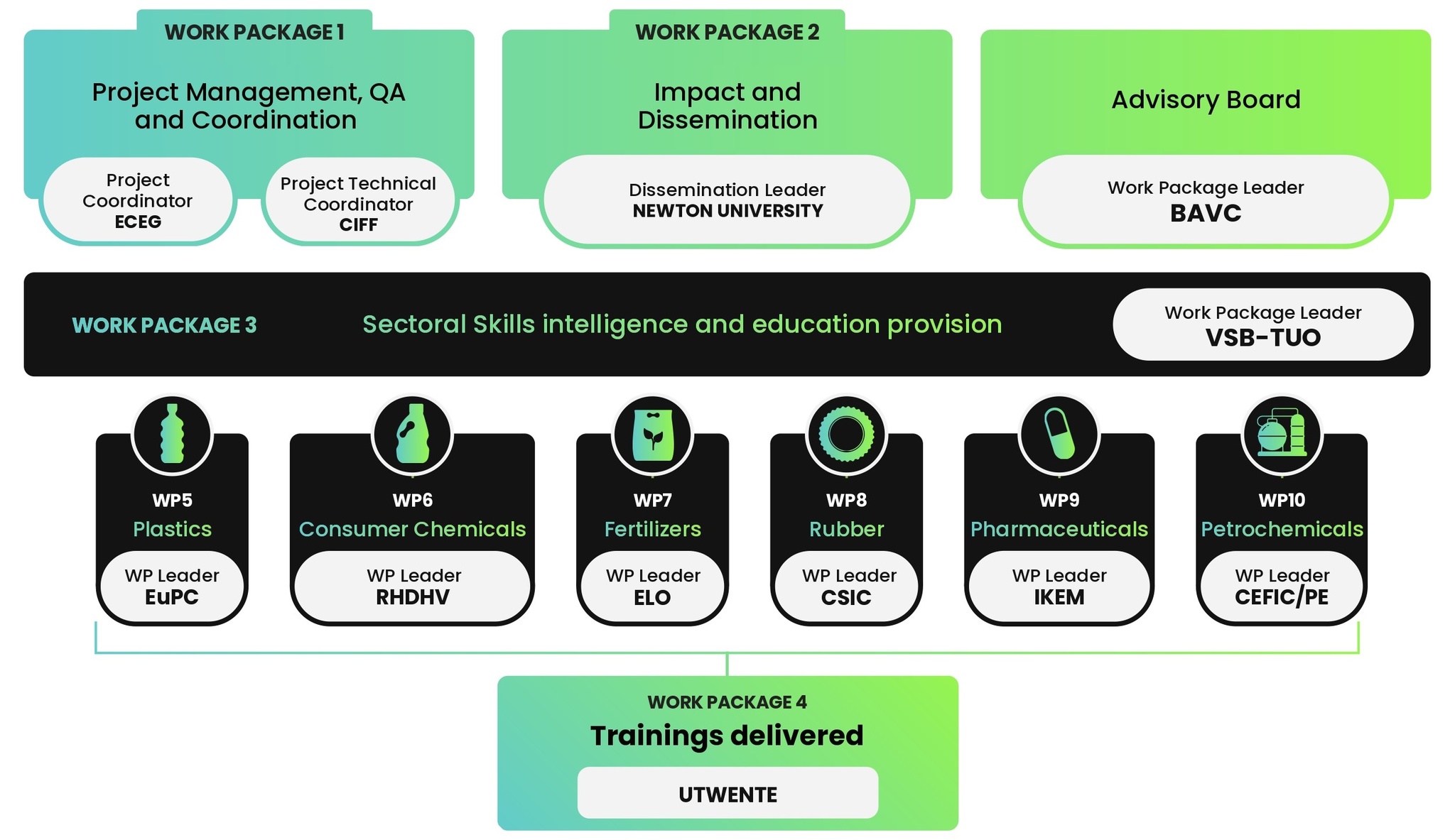
WP1 – Project Management, QA and Coordination
The main tasks of WP1 are project management, quality assurance and coordination. It will indeed ensure and provide:
- a clear strategy on quality assurance
- a clear strategy and planning of risk management
- planning for coordination and clear communication with other initiatives
- a clear strategy on project sustainability
Moreover, the coordination team of WP1 will manage the overall coordination and organisation of the meetings between WPs’ leaders and will attend and facilitate the Advisory Board meetings, as well as cooperate with them.
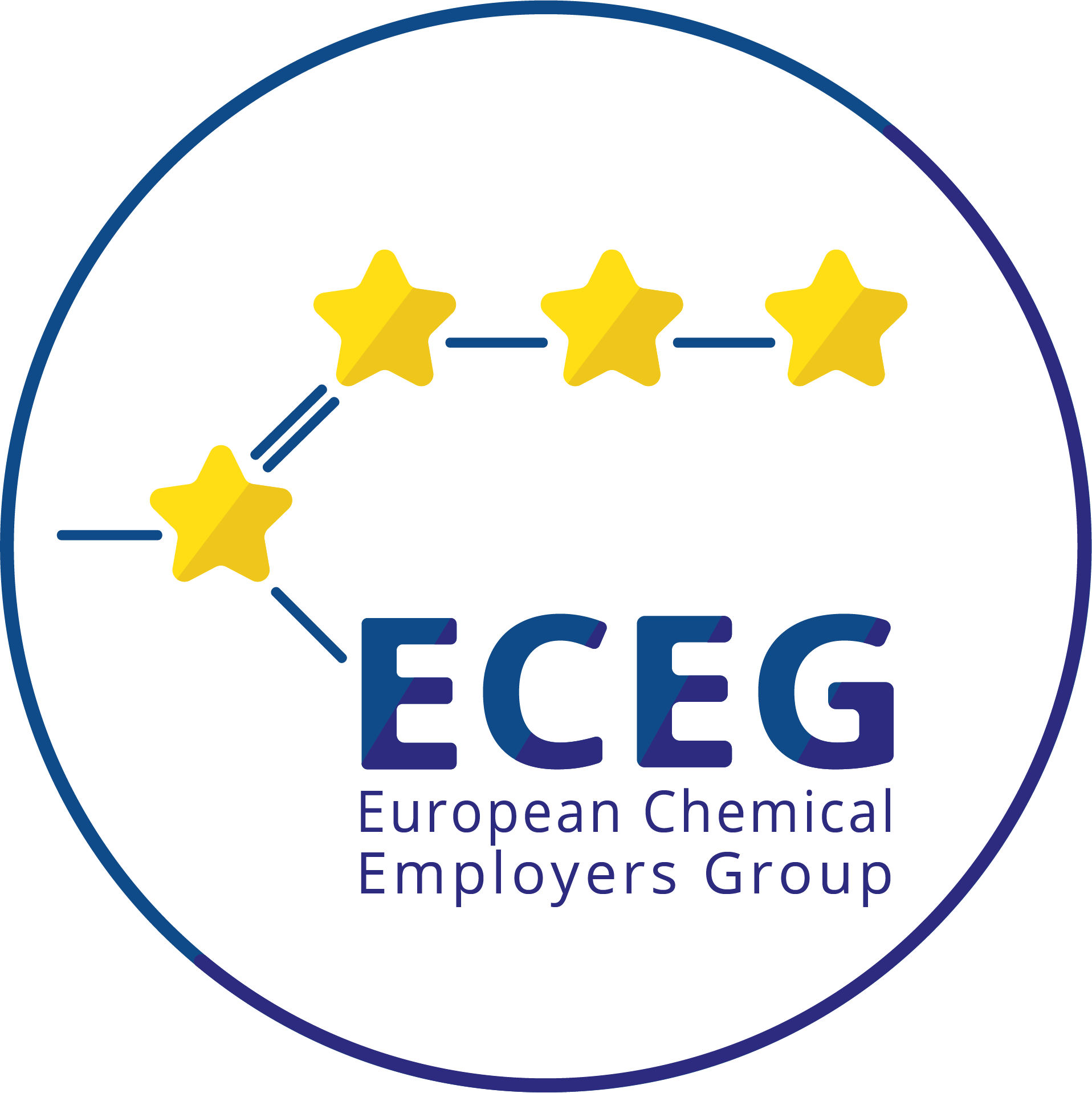
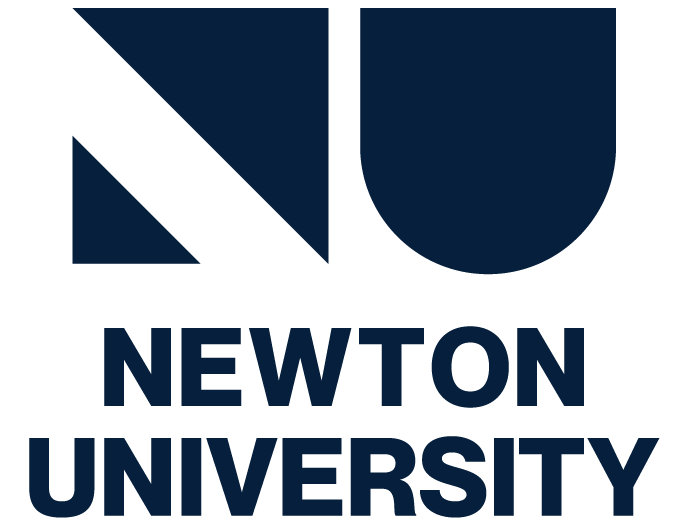
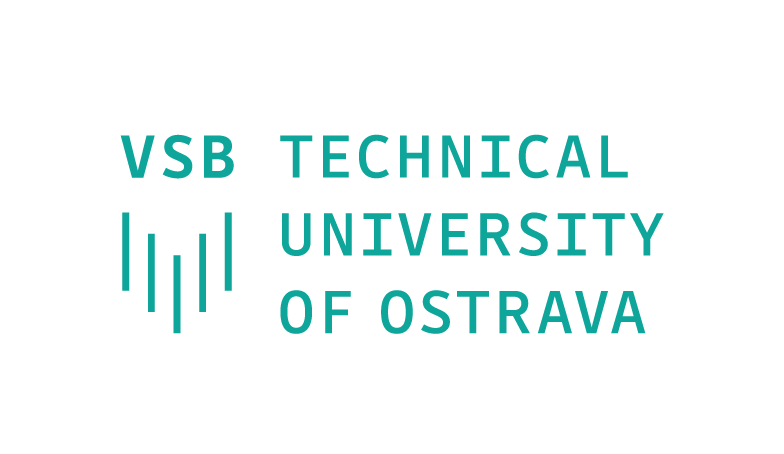
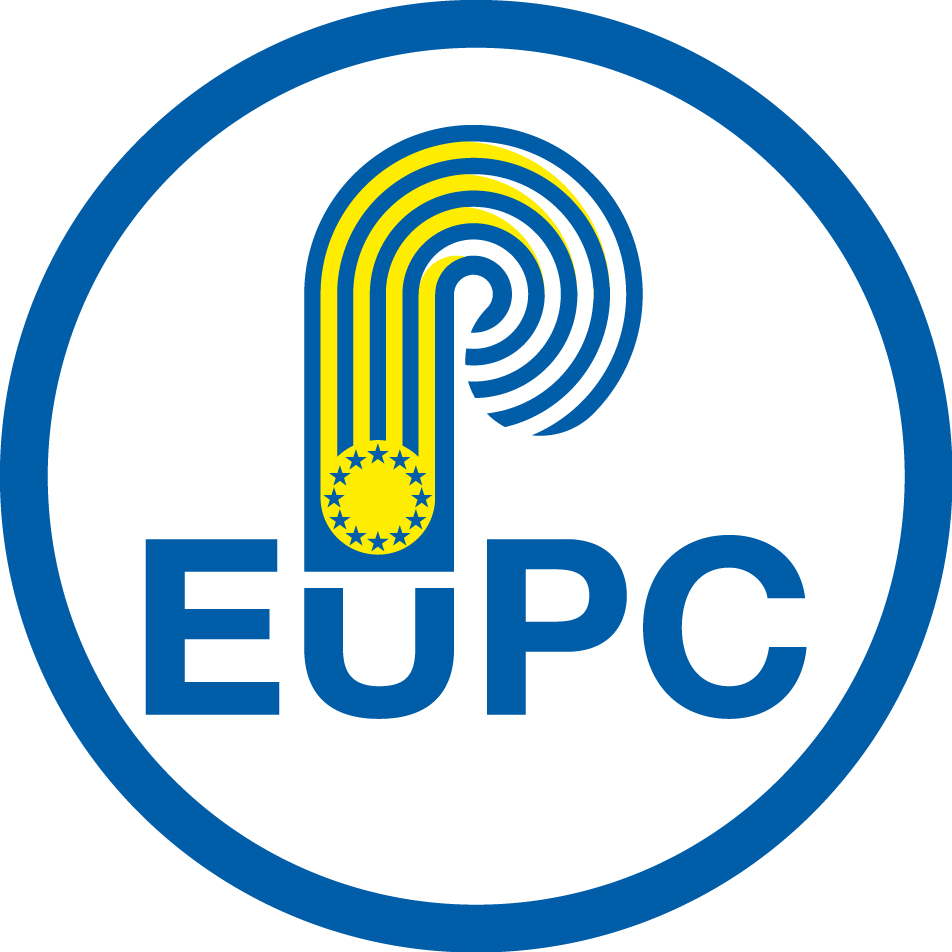
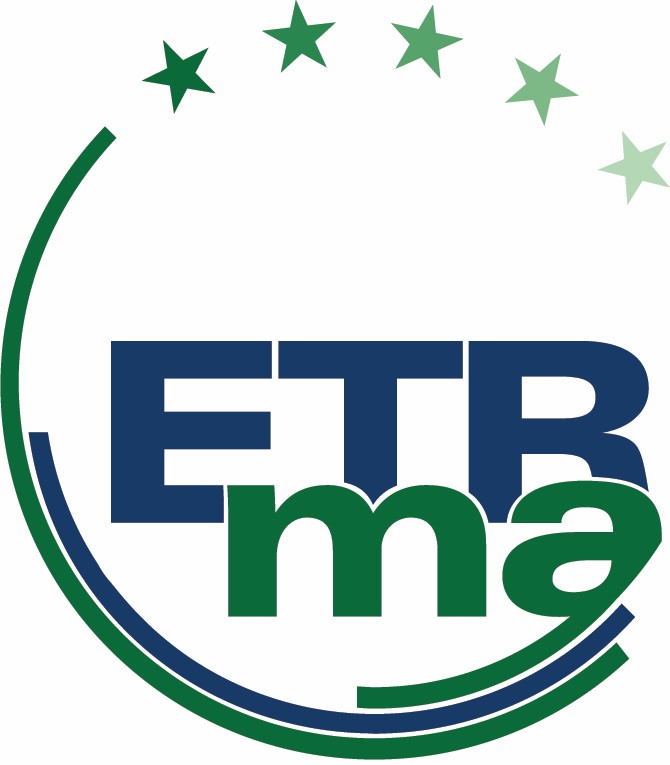
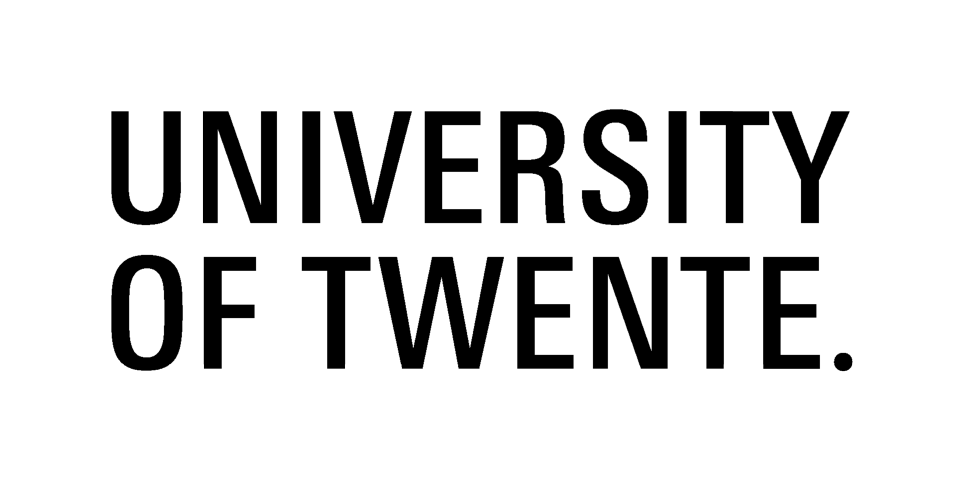

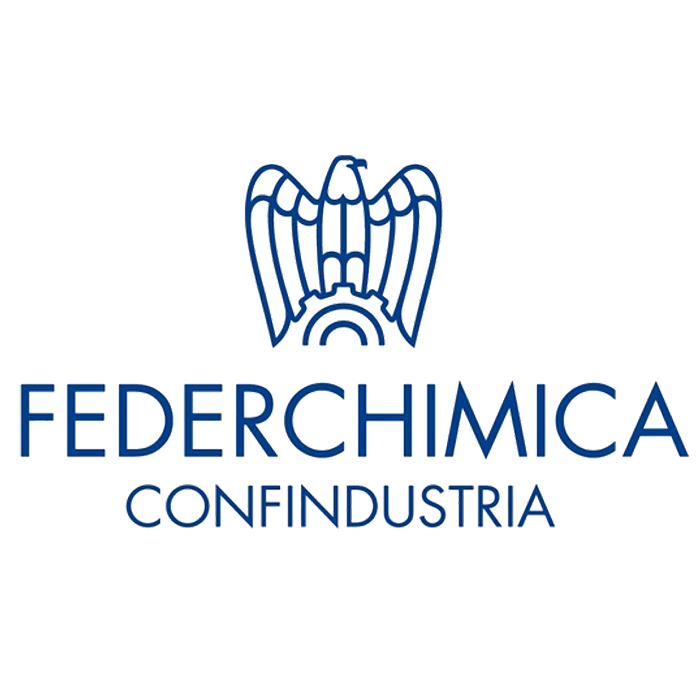

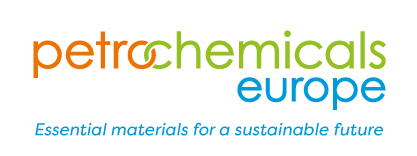

WP2 – Impact and Dissemination
Within WP2, the primary focus lies on creating a strategy for communication and dissemination of project results and messages. The key responsibilities are:
- Definition of a well-defined strategy for communication and dissemination of project outcomes.
- Preparation of materials and templates dedicated to effective dissemination.
- Crafting a vision and strategy for disseminating project results across European, national, and regional levels.
- Establishment, management, and upkeep of a stakeholder database, fostering collaborative engagement.
Additionally, WP2 will actively orchestrate webinars, conferences, and other events, aiming to engage stakeholders in the project’s development. Proactive participation in external events that align with the project’s objectives will also be pursued for optimal presentation and dissemination of results.
All partners are involved in WP2
WP3 –Sectoral Skills Inteligence and Education Provision
WP3 plays a pivotal role in offering a comprehensive, horizontal perspective on the skills required in the chemical sector. It not only facilitates coordination among WPs 5 – 10 (sub-work packages) but also outlines a clear methodology for these work packages to follow.
The primary objectives and tasks of WP3 are as follows:
- Coordination facilitation between WPs 5 – 10 sub-work packages.
- Provision of a well-defined methodology for implementation by WPs 5 – 10.
- Compilation of essential general, basic, digital, and green skills pertinent to the chemical sector.
- Development of a clear roadmap addressing skills, re-skilling, up-skilling, and an overall skills agenda. This includes a defined strategy and future scenarios based on the outcomes of WPs 5 – 10.
- Definition of new and emerging occupational profiles for the overall sector, summarizing and finalizing the occupational profiles resulting from WPs 5 – 10.

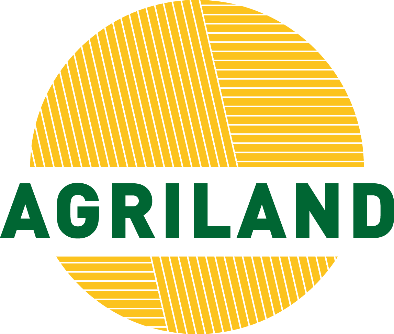


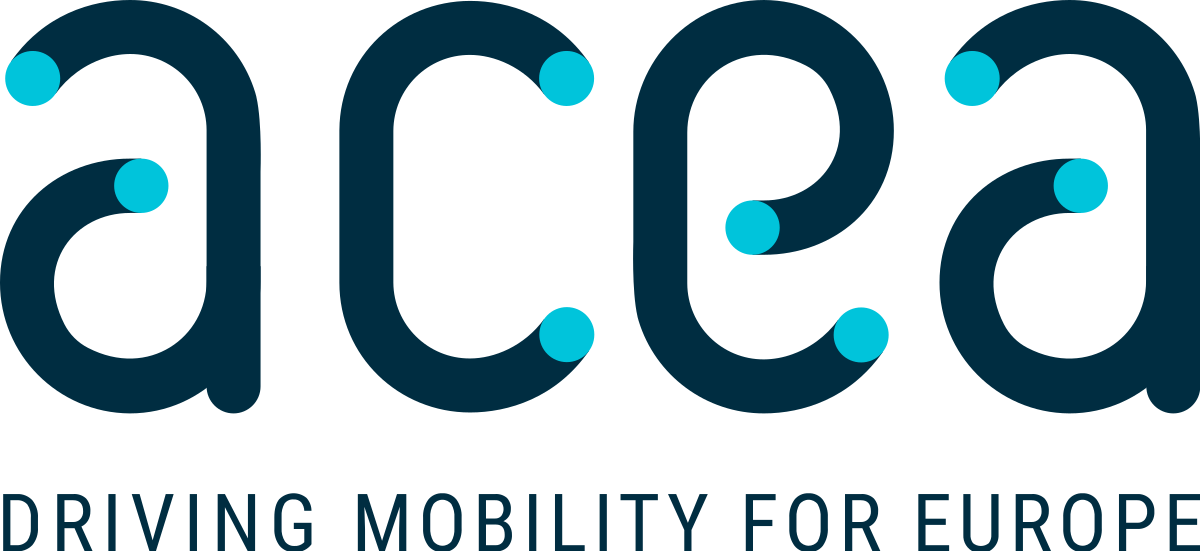

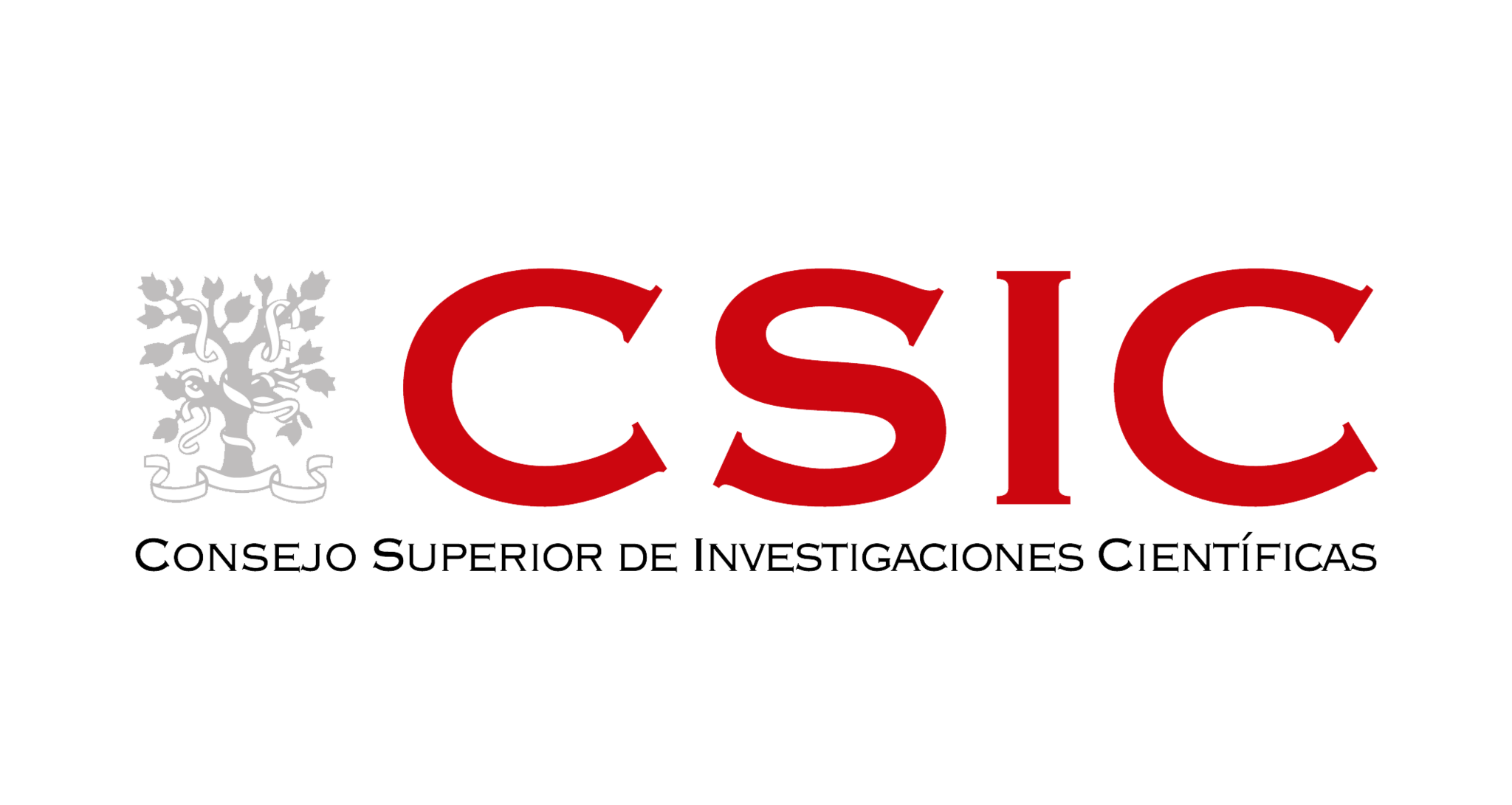


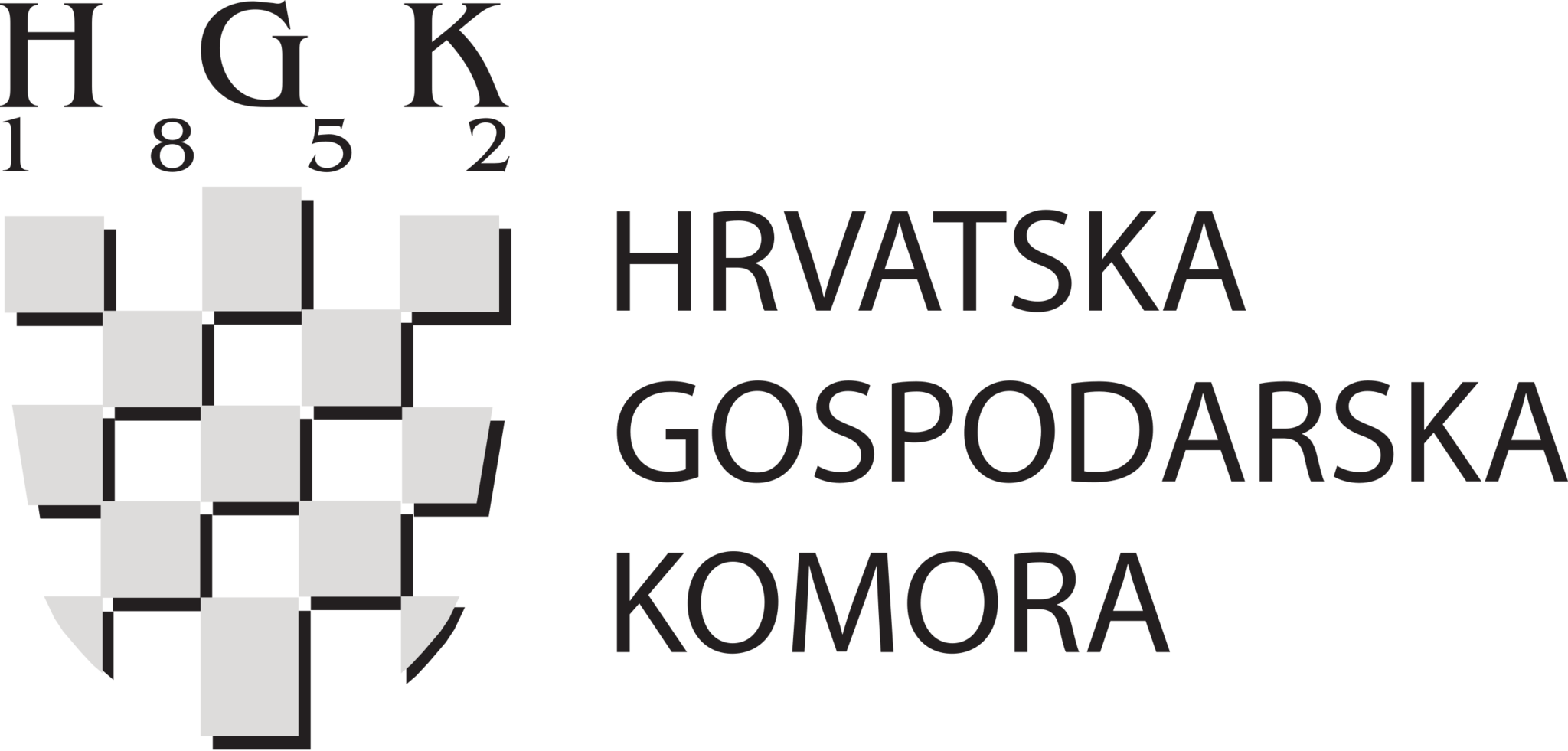
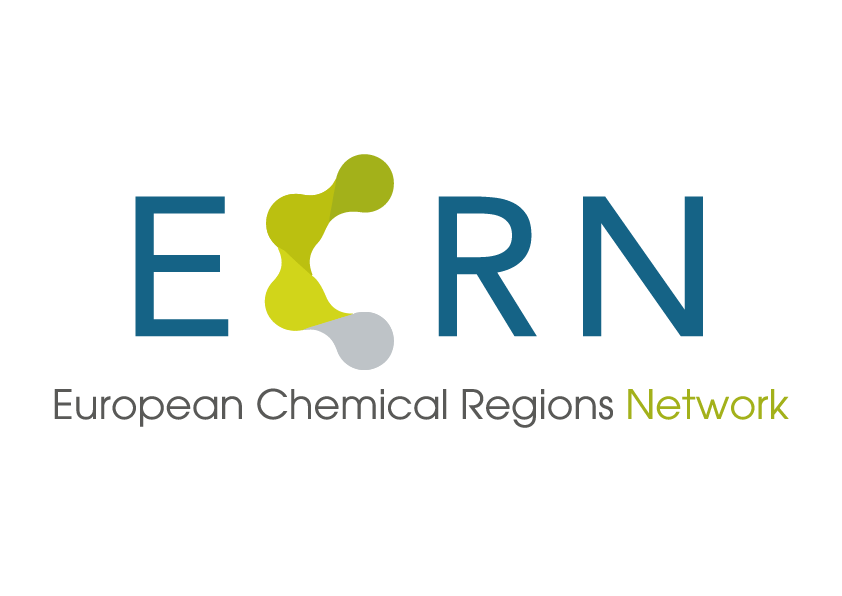
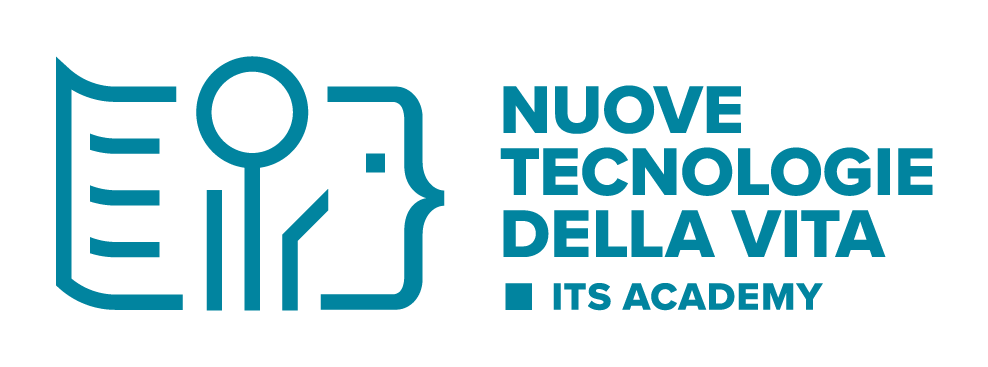


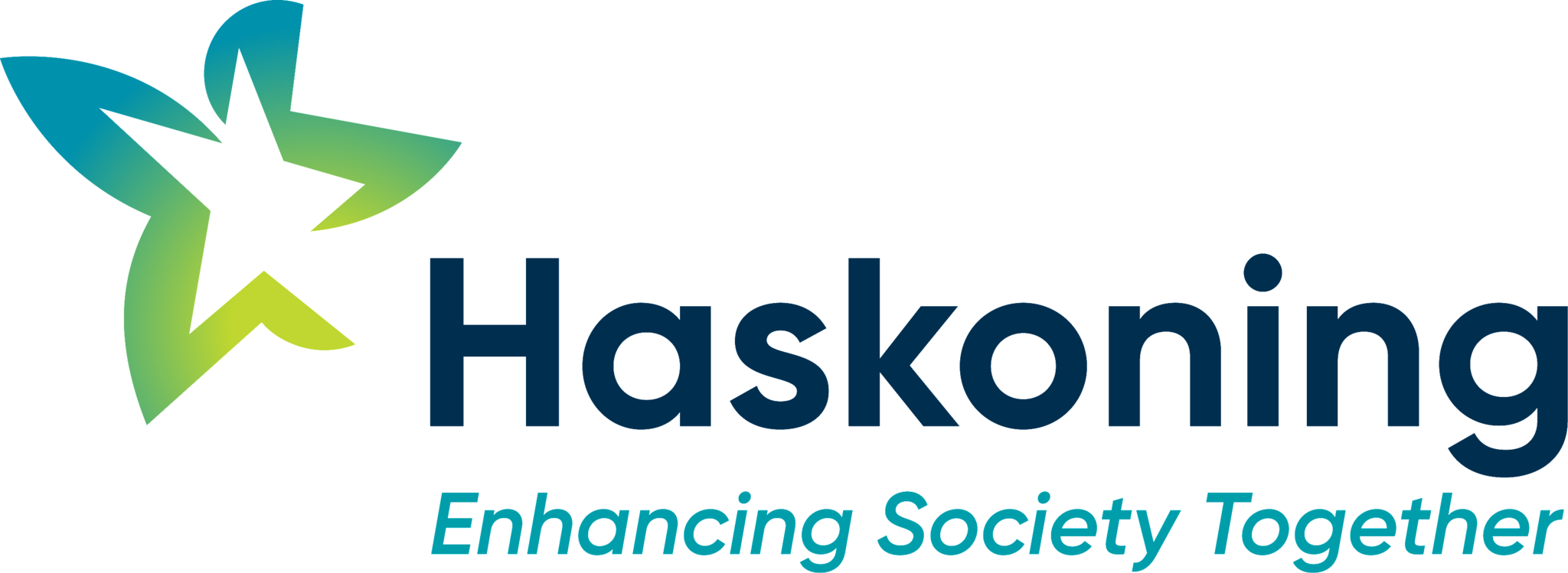

WP4 – Trainings Delivered
This work package covers the training development for the different chemical fields covered in WP5-10. It consists of a first screening phase of already existing trainings, the definition of requirements for the training material and the definition of deliverables and their impact. These are the pre-conditions for the development of modular trainings covering the different sectoral needs. When the trainings are developed, they will be piloted and their recognition will be evaluated as a quality control for the newly designed trainings.
WP4 has the following goals:
- Implementation of existing trainings, creation of module based trainings as well as single skills trainings.
This means: An interested person will have a good overview of existing trainings and will be guided to the individual platforms (“implementation of existing trainings”). Based on the identified future needs and trends of the individual chemical sectors within WP3 5 – 10, new trainings will be developed to cover these skills. These newly developed trainings will be offered in two different ways: It will be possible to follow one complete proposed job role with all pre-defined skills (“module based trainings”). The second option is to chosen freely the needed skills in a modular way and design an own trainings track (“single skills trainings”).






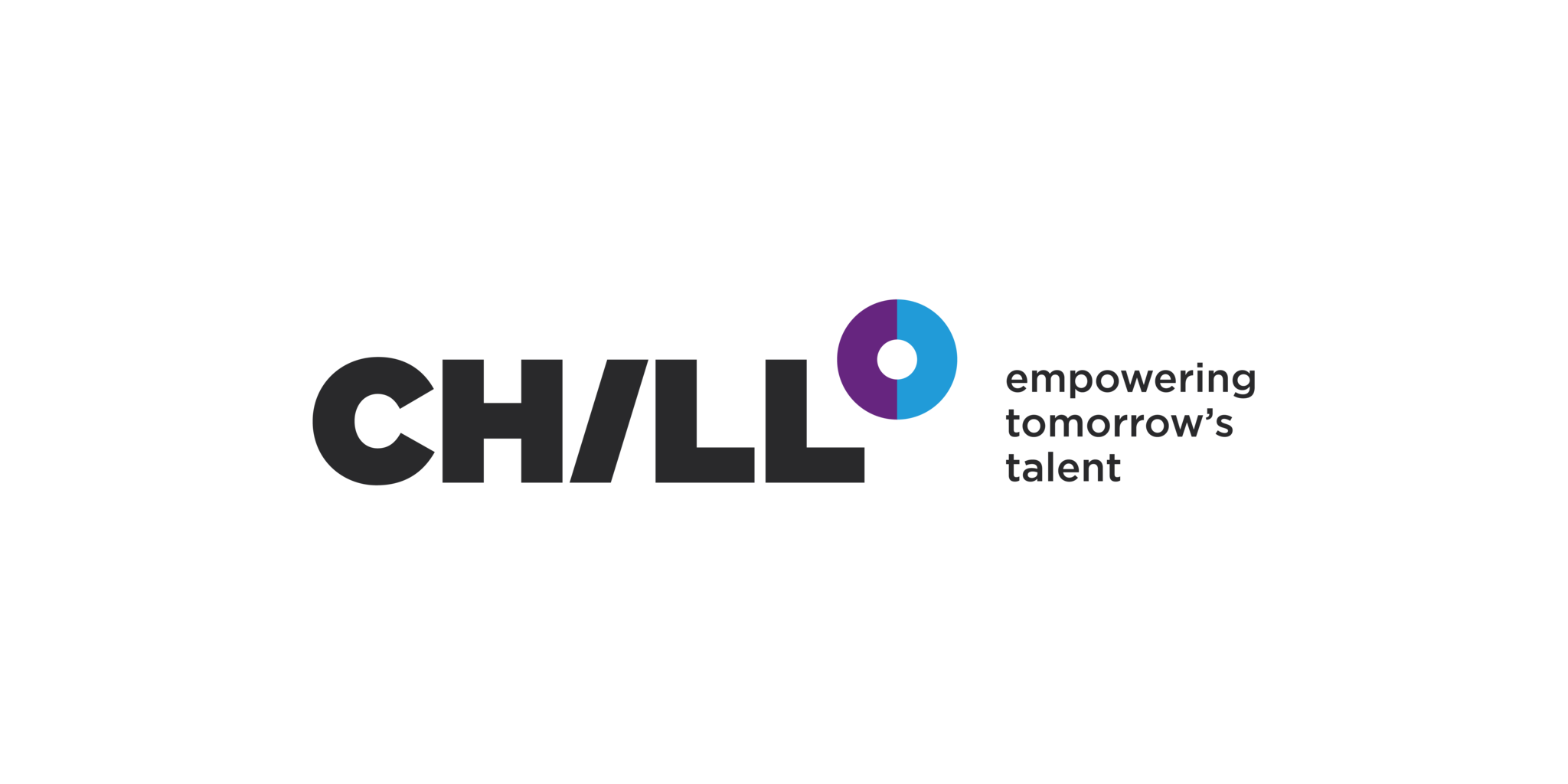
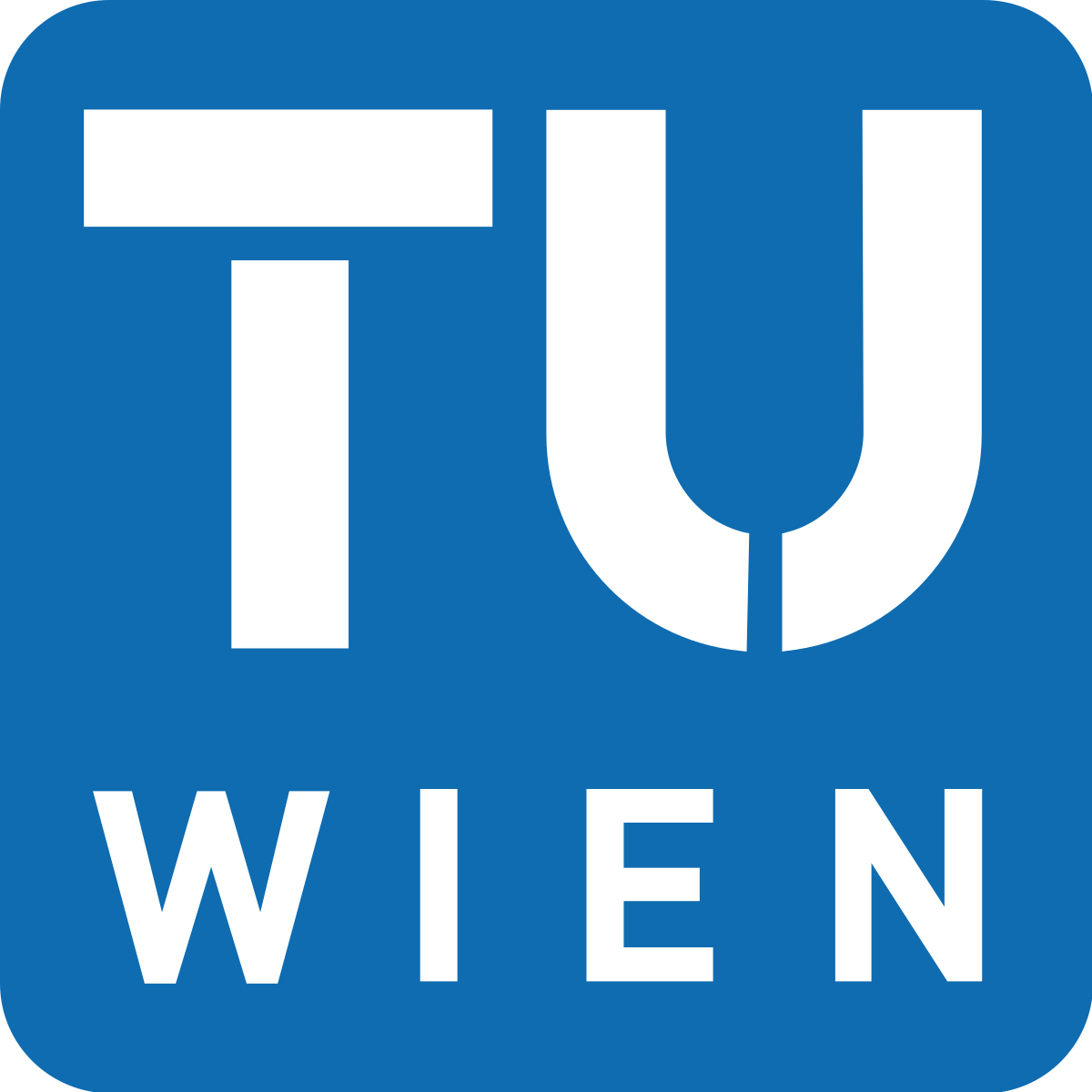





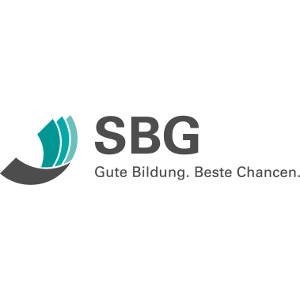
WP5 – Plastics
WP5 is dedicated to addressing the skill requirements and challenges associated with plastics within the chemical sector. Given the interconnectedness of the plastic chemical sector with the broader chemical value chain, WP5 focuses on specific skills challenges inherent in this subsector, aligning with broader challenges in the chemical sector, including:
- Circular economy of plastics, consideration of recycling and emission mitigation,
- Sustainable approach to the plastics ecosystem and environmental harm mitigation,
WP5 will execute the following activities:
- Gathering current and future needs of the plastics sector, emphasizing trends, required skills, and job roles. Key areas of focus include the role of digitalisation in the plastics and rubber sector, skills related to research and development in plastics production with an emphasis on emission reduction, skills required for plastics recycling, and competences in innovative materials and bioplastics.
- Compilation of current and future offerings in the plastics sector, encompassing training, courses, education programs, and curriculums. This involves engaging in desk research and establishing a network of contacts with training providers beyond the project partnership. The research will explore the modalities employed by existing training programs, with a specific focus on innovative methods such as online and virtual/augmented reality.
- Definition of new and emerging occupational profiles specific to the plastics chemicals subsector, building on the intelligence gathered in the first bullet point.
- Gathering and analyzing rationales for issues, key concerns, and gaps, providing a comprehensive gap analysis for future work.
- Provision of a clear roadmap on skills, re-skilling, and up-skilling, along with an overall skills agenda. This includes a defined strategy and future scenarios specific to the plastics subsector.





WP6 – Consumer Chemicals
WP6 is exclusively dedicated to addressing the skills needs and challenges within the consumer chemicals sector. Despite the consumer chemicals sector’s inherent connection to the broader chemical value chain, specific skills challenges exist within this subsector, including:
- Potential health risk of the users and safety issues,
- Regulation of consumer chemicals,
- Plastic waste from consumer chemicals.
In pursuit of these objectives, WP6 will undertake the following activities:
- WP6 will gather current and future consumer chemicals sectoral needs in terms of trends, skills, job roles that are and will be needed, with a particular focus on
- the following:
o Role of digitalisation in the consumer chemicals sector,
o Skills needs in chemical recycling,
o Skills and knowledge needed in regulation and standards development,
o Skills in safety aspects of the consumer chemical and preventive safe design. - WP6 will gather current and future consumer chemicals sectoral offerings in terms of training, courses, education programmes, curricula, offered skills,knowledge, or profiles, particularly linked to the topics listed above. To this end, the work package will carry out both desk research and develop a network of contacts with training providers beyond this partnership. This research will look also at the modalities used by the existing trainings, with a particular focus on innovative methods such as online and virtual/augmented reality.
- WP6 will define new and emerging occupational profiles specific to the consumer chemicals subsector. This work will follow the intelligence gathered in the first bullet point.
- WP6 will gather and analyse rationales for issues, key concerns and gaps drawing and will provide gap analysis for future work.
o WP6 will provide a clear roadmap on skills, re-skilling and up-skilling activities and the overall skills agenda with defined strategy and provided futurescenarios on the consumer chemicals subsector.




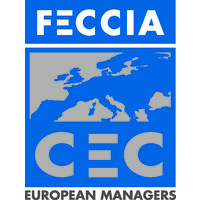
WP7 – Fertilizers
WP7 is dedicated to addressing the skills needs and challenges associated with fertilisers and their usage in Europe. Although the fertilisers chemical sector is intricately connected to the broader chemical value chain, there exist specific skills challenges within this subsector, including:
- Environmental issues and soil/water contamination,
- Sustainability of the use of the fertilisers,
- Fertiliser efficiency,
- Fertiliser effects on soil fertility,
In light of these challenges, WP7 will undertake the following activities:
- Gathering current and future needs of the fertilisers sector, focusing on trends, required skills, and job roles. Particular attention will be given to the role and impact of digitalisation in the fertilisers sector, skills in fertiliser design with an emphasis on short and long-term sustainability, and knowledge of local environments and environmental risks connected to fertilisers.
- Compiling current and future offerings within the fertilisers sector, including training, courses, educational programs, and curricula. This involves desk research and developing a network of contacts with training providers beyond the project partnership. The research will explore the modalities used by existing training programs, with a specific focus on innovative methods such as online and potentially virtual/augmented reality.
- Defining new and emerging occupational profiles specific to the fertilisers chemicals subsector, building on the information gathered during the activities described in the first bullet point.
- Gathering and analyzing rationales for issues, key concerns, and gaps, providing recommendations and research pathways for bridging these research gaps.
- Providing an overall skills agenda with defined strategies, a clear roadmap on skills, re-skilling, and up-skilling activities, and future scenarios specific to the fertilisers subsector.




WP8 – Rubber
WP8 will focus on addressing the skills needs and challenges within the rubber chemicals sector. Despite the close ties between the rubber chemicals sector and the broader chemical value chain, there are specific skills challenges unique to this subsector, including:
- The se of sustainable resources and ingredients in the value chain,
- The eco-design of rubber products to promote their reuse, repair, and recycling,
- The global need for energy savings, particularly related to the energy consumption of tyres by their rolling resistance,
- The need to find feasible recycling routes for elastomer articles,
- The environmental and safety issues related to the use of various rubber ingredients in production as well as in use,
- The role of digitalisation in the chemical rubber sector.
From the above ones, the most urgent needs and issues are:
- To develop skills from the field of renewable resources such as bio-based lignin as filler for rubber, sugar-cane EPDM as bio-polymer, guayule or Russian
- dandelion based bio-natural rubber, soybean‑, sunflower or coconut oil as bio-plasticizer for rubber.
- To develop skills related to the use of recycled raw materials such as carbon black obtained by pyrolysis, etc – this is important in the context of the continued
- Russia-Ukraine crisis, given that Russia is one of the main suppliers of carbon black for the European Union.
In this context, WP8 will undertake the following activities:
- Gathering current and future needs of the rubber chemicals sector, with a focus on trends, required skills, and job roles. This includes skills related to the development and production of tires with longer service life, lower rolling resistance, and increased safety, as well as skills related to rubber recycling, including devulcanization, and the role of digitalisation in the chemical rubber sector.
- Compiling current and future offerings within the rubber sector, including training, courses, educational programs, and curricula. This involves desk research and developing a network of contacts with training providers beyond the project partnership, with a specific focus on innovative methods such as online and virtual/augmented reality.
- Defining new and emerging occupational profiles specific to the rubber chemicals subsector, building on the intelligence gathered in the first bullet point.
- Gathering and analyzing rationales for issues, key concerns, and gaps, providing a comprehensive gap analysis for future work.
- Providing a clear roadmap on skills, re-skilling, and up-skilling activities, along with the overall skills agenda. This includes a defined strategy and future scenarios specific to the rubber subsector.







WP9 – Pharmaceuticals
This WP will be focussed on the skills needs and challenges related to pharmaceutical chemicals. The pharmaceutical industry is of key importance for the EU’s economy.
Despite the pharmaceutical sector’s close integration with the broader chemical value chain, specific skills challenges exist within this subsector, including:
- A strategic approach to the customer demand
- Growing competition of generic pharmaceuticals
- Misuse of pharmaceuticals or errors in manufacturing
- Pharmaceuticals regulations
- Data breaches and other cybersecurity risks
- Traceability — movement of prescription drugs or medical devices across the supply chain
- Supply chain disruptions
In this context, WP9 will undertake the following activities:
Gathering current and future needs of the pharmaceutical chemicals sector, focusing on trends, required skills, and job roles. Particular emphasis will be placed on the role of digitalisation in the pharmaceutical sector, knowledge on the design of substances and pharmaceuticals, risk management skills, and supply chain management skills.
Compiling current and future offerings within the pharmaceutical sector, including training, courses, educational programs, and curricula. This involves desk research and developing a network of contacts with training providers, with a specific focus on innovative methods such as online and virtual/augmented reality.
Defining new and emerging occupational profiles specific to the pharmaceutical subsector, building on the intelligence gathered in the first bullet point.
Gathering and analyzing rationales for issues, key concerns, and gaps, providing a comprehensive gap analysis for future work.
Providing a clear roadmap on skills, re-skilling, and up-skilling activities, along with the overall skills agenda. This includes a defined strategy and future scenarios specific to the pharmaceutical subsector.


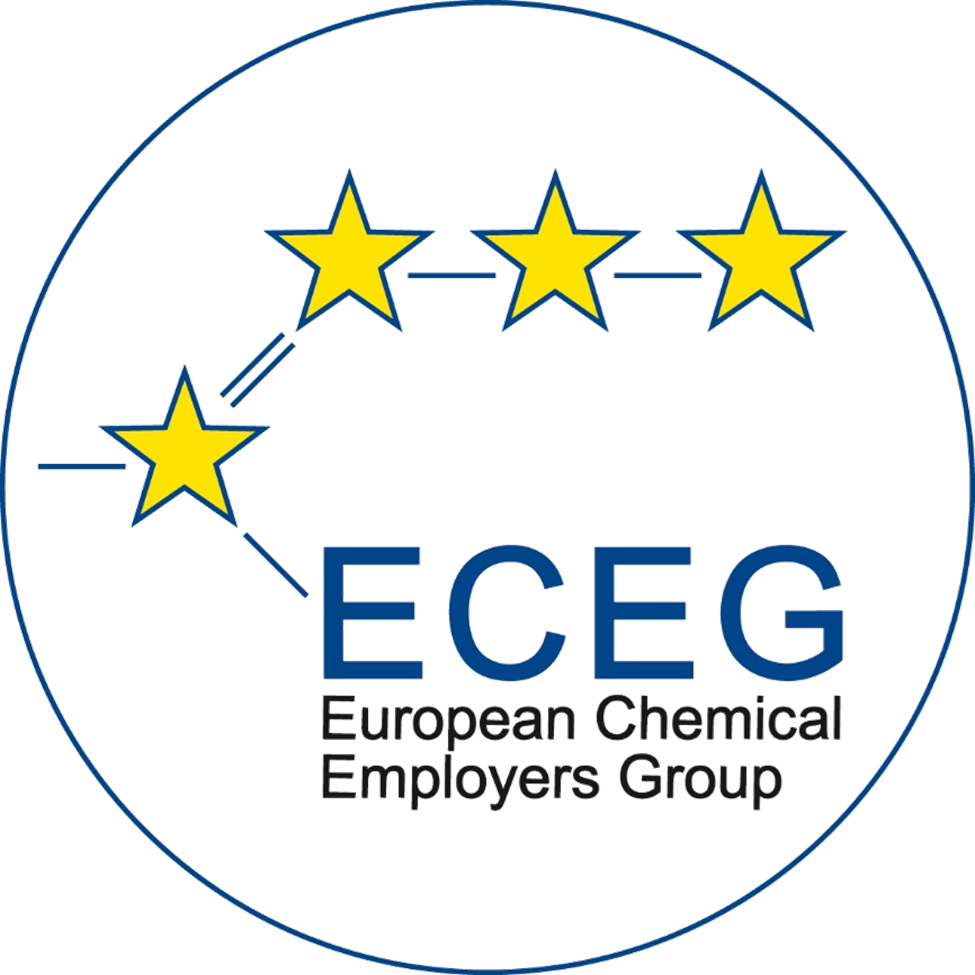

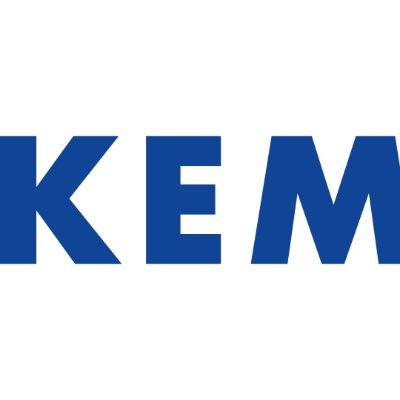


WP10 – Petrochemicals
WP10 is dedicated to addressing the skills needs and challenges within Petrochemicals Europe (PE), a sector represented by Cefic, the European Chemicals Industry Council. The overarching objectives of WP10 are to:
- Identify the key skills required within the petrochemicals sector, considering the transition driven by climate neutrality, circular economy, digital transformation, and the Chemicals Strategy for Sustainability.
- Define the next level of “digital transformation.”
- Assess the needs of existing and new staff in this evolving environment to retain and attract talent.
- Examine the current offerings in the sector in terms of training, courses, educational programs, curricula, skills, knowledge, or profiles.
- Identify skills gaps in the PE’s labour market and other key risks.
- Compare the EU, USA, ME, and FE to identify skill gaps, assess the level playing field, and understand differences.
- Articulate strategies to address the identified skills gaps with associated roadmaps, partnerships, and Key Performance Indicators (KPIs) for implementation and dissemination across the sector.
The petrochemicals sub-sector is intricately linked to the broader chemical value chain, yet it faces specific skills challenges, including:
- Electrification, energy, and feedstocks diversification.
- Digitalisation.
- Carbon neutrality, net-zero production processes, and energy efficiency.
- Level playing field/Carbon pricing.
- CSS, sustainable products, product demand change, and supply chain impact management.
- Recycling (all technologies).
- Innovation, Pyrolysis, Carbon Capture Storage and Utilisation.
Part of the WP10 is hence to identify the key skills required within the petrochemicals sector, identify the needs of existing and new staff in this environment in order to retain and attract people and identify the current offerings in the sector in terms of training, courses, education programmes, curricula, skills offer, knowledge, or profiles.
From there, we will be able to identify the skills gaps in the sector’s labour market and other key risks and identify the main difference between the EU, USA, Middle- and Far-East regions. This gap analysis will allow us to articulate strategies to remedy the skills gaps with associated roadmaps, partnerships and KPI’s for implementation and dissemination across the sector.



